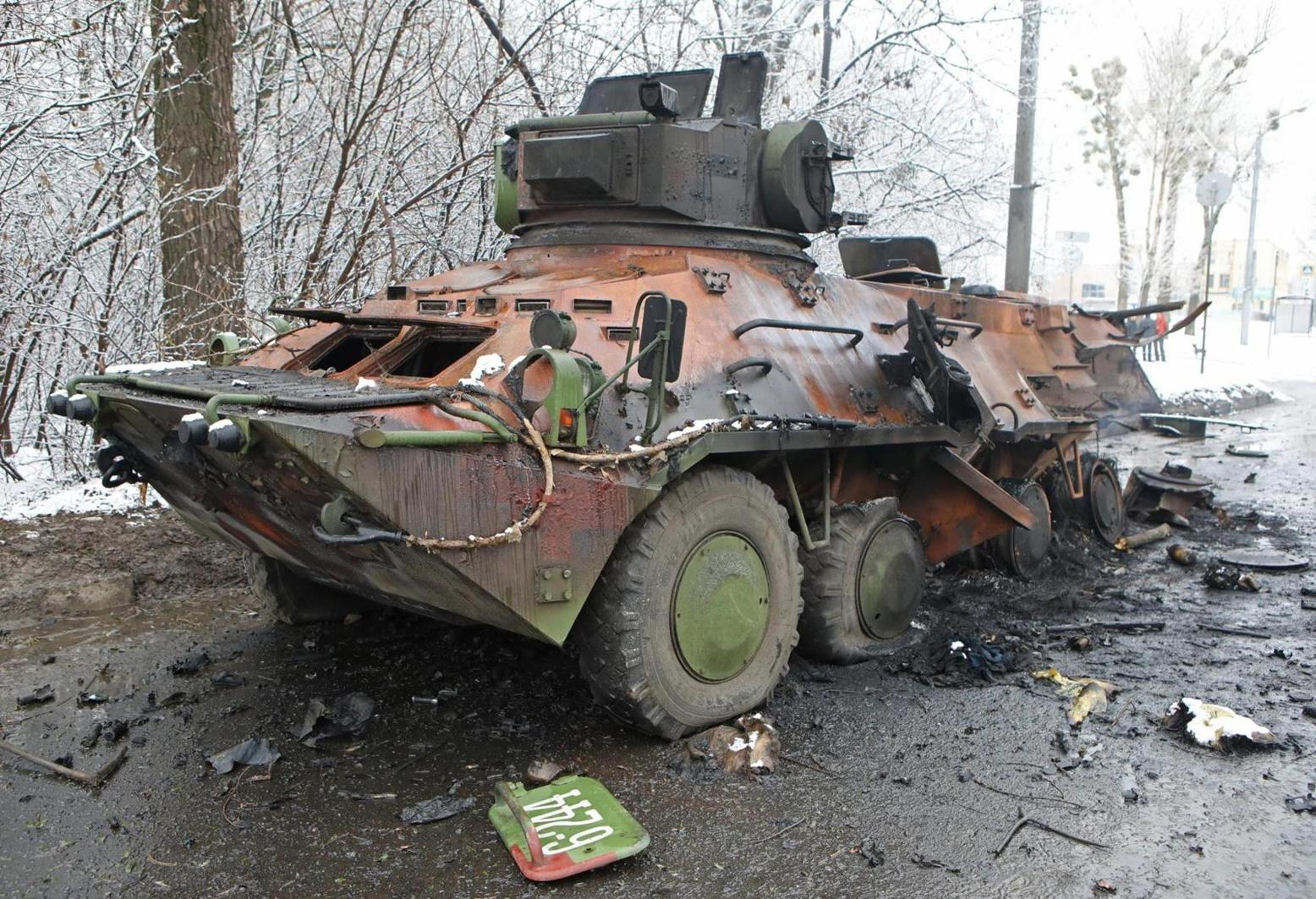Africa-Press – Zimbabwe. Russia has admitted that it has suffered “significant losses” in Ukraine amounting to a “huge tragedy” for the country.
Speaking in an exclusive interview with UK broadcaster Sky News on Thursday, Kremlin spokesman Dmitry Peskov, said:
Yes, we have significant losses of troops and it is a huge tragedy for us.
Russia invaded its neighbour on 24 February in what President Vladimir Putin described as a special military operation.
The war has caused the world’s fastest refugee crisis – with more than 4.3 million people fleeing to neighbouring countries.
The United Nations says more than 1 500 civilians have been killed so far but there are fears that the number could be much higher.
On 25 March, Russia’s defence minister said that 1 351 of its soldiers have been killed in combat, while 3 825 were wounded.
On the other hand, Ukraine insists that its military has killed 19 000 Russian soldiers.
Military experts say the figures by both parties cannot be trusted as Kyiv would likely inflate them to boost the morale of its troops, while Russia is probably understating them.
Russia recently withdrew its troops from certain areas in Ukraine, including Kyiv’s northern region.
Peskov said the troop withdrawal was an “act of goodwill” to “lift tensions” during negotiations between Russia and Ukraine.
But Western countries do not accept Russia’s explanation. They believe Moscow withdrew its forces due to the unexpected resistance shown by Ukrainian forces.
Peskov also denied accusations that Russian soldiers committed atrocities in Bucha, a town near Kyiv, saying the images showing dead bodies were staged by Ukrainians.
For More News And Analysis About Zimbabwe Follow Africa-Press






